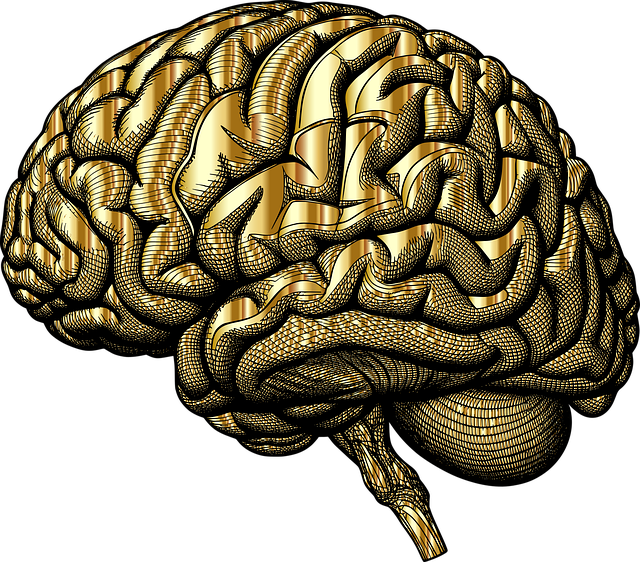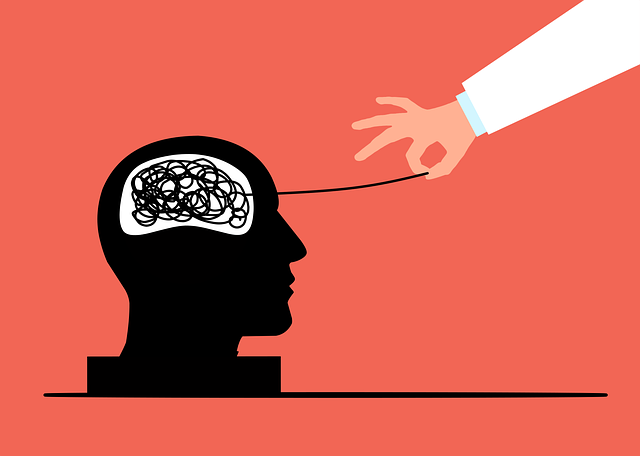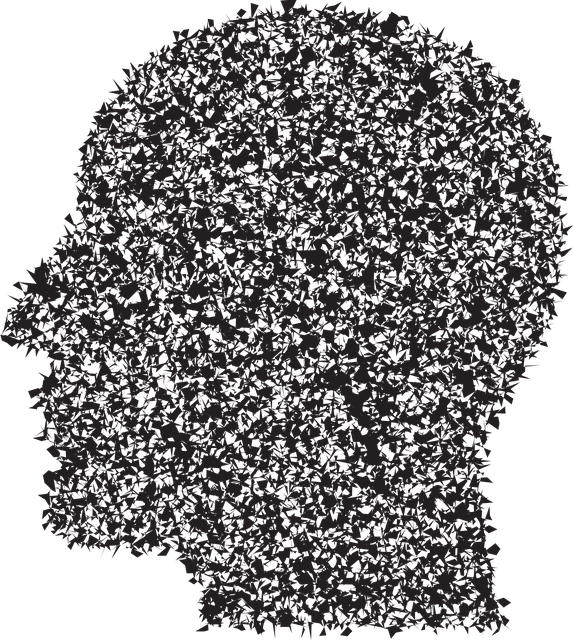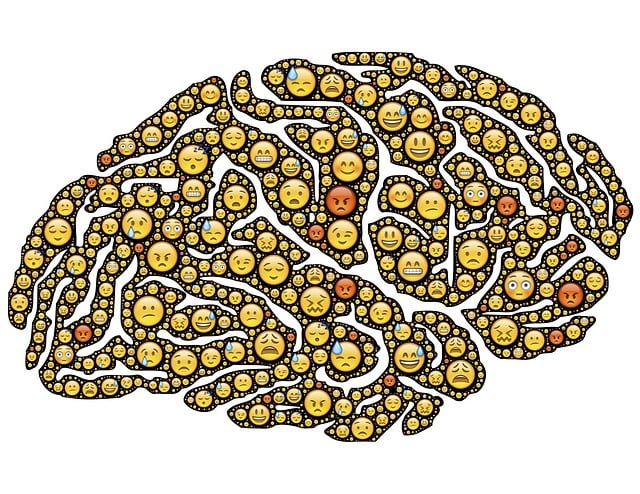Englewood Learning Disability Therapy emphasizes the RFM model—Resources, Resilience, and Meaning—as a powerful framework for building resilience against life's challenges and preventing depression. Through tailored exercises focusing on physical, cognitive, and emotional well-being, this approach strengthens mental agility, fosters adaptability, and enhances coping mechanisms. By integrating mindfulness, stress management, and positive self-talk with culturally sensitive approaches, Englewood Learning Disability Therapy addresses self-esteem improvement and personal growth, leading to a more optimistic outlook on life's challenges. Their holistic therapy includes social skills training and community outreach programs, empowering individuals with learning disabilities to build supportive networks and gain confidence in everyday life.
Resilience, the ability to adapt and bounce back from challenges, is a vital skill in today’s fast-paced world. This article explores RFM (Resilience, Flexibility, and Mastery), a powerful framework for building resilience. We delve into practical exercises that enhance mental fortitude and provide strategies for personal growth. Additionally, we highlight the Englewood Learning Disability Therapy, a game-changer in fostering resilience among individuals with learning disabilities, showcasing its profound impact on their development and overall well-being.
- Understanding RFM and Its Role in Resilience Building
- Engaging in Effective Resilience-Boosting Exercises
- The Impact of Englewood Learning Disability Therapy on Resilience Development
Understanding RFM and Its Role in Resilience Building

Resilience is a crucial aspect of mental well-being, enabling individuals to navigate life’s challenges and setbacks with adaptability and bounce back strength. At Englewood Learning Disability Therapy, we recognize that building resilience is an essential component of Depression Prevention and enhancing overall Mental Health Awareness. One effective framework that aids in this process is the RFM model—a powerful tool for fostering resilience.
RFM stands for Resources, Resilience, and Meaning, representing three interconnected pillars of resilience-building exercises. By understanding and leveraging these elements, individuals can develop a robust coping mechanism. Resources refer to the tools and support systems one has access to, such as social connections, personal skills, or community resources. Resilience involves cultivating mental toughness and adaptive strategies to cope with adversity. Meaning is about finding purpose and significance in life’s experiences, which strengthens an individual’s determination to overcome challenges. Through targeted exercises that engage these dimensions, the RFM model empowers individuals to build resilience, ultimately fostering better emotional regulation and a more positive outlook on life.
Engaging in Effective Resilience-Boosting Exercises

Engaging in regular resilience-boosting exercises is a powerful tool for individuals with learning disabilities, offered by professionals like Englewood Learning Disability Therapy. These activities are designed to strengthen mental agility, foster adaptability, and enhance coping mechanisms. Through tailored programs, individuals learn to navigate challenges with newfound confidence and flexibility.
Effective resilience building involves a combination of physical, cognitive, and emotional exercises. Mental Wellness Coaching Programs Development often incorporates strategies such as mindfulness practices, stress management techniques, and positive self-talk. Cultural Sensitivity in Mental Healthcare Practice is also integral, ensuring that the approach respects individual backgrounds and experiences. By addressing Self-Esteem Improvement, these programs empower individuals to embrace adversity, ultimately leading to personal growth and a more optimistic outlook on life’s challenges.
The Impact of Englewood Learning Disability Therapy on Resilience Development

Englewood Learning Disability Therapy offers a unique approach to resilience building, which significantly impacts individuals with learning disabilities. This therapeutic method goes beyond traditional treatment by incorporating tailored exercises designed to enhance coping strategies and promote self-reliance. Through engaging activities and Crisis Intervention Guidance, clients develop essential life skills, fostering their ability to navigate challenges and adapt to changing circumstances.
The therapy’s effectiveness lies in its holistic nature, addressing not only the learning disability but also social aspects. Social Skills Training, for instance, equips individuals with communication and interaction techniques, enabling them to build supportive networks crucial for resilience. Moreover, Englewood’s Community Outreach Program Implementation offers real-world experiences, encouraging clients to apply their skills in diverse settings, thereby boosting their confidence and resilience in everyday life.
Resilience is a vital asset for navigating life’s challenges, and methods like RFM (Resource, Strengths, and Mastery) and targeted therapies, such as Englewood Learning Disability Therapy, offer powerful tools to enhance it. By understanding individual resources and fostering a sense of mastery, these approaches empower individuals to build resilience. Engaging in regular resilience-boosting exercises, tailored to one’s unique needs, can lead to significant improvements in coping mechanisms and overall well-being. This evidence-based approach, as demonstrated by the effectiveness of Englewood Learning Disability Therapy, encourages personal growth and adaptation, ensuring individuals are equipped to face future obstacles with greater confidence and fortitude.














